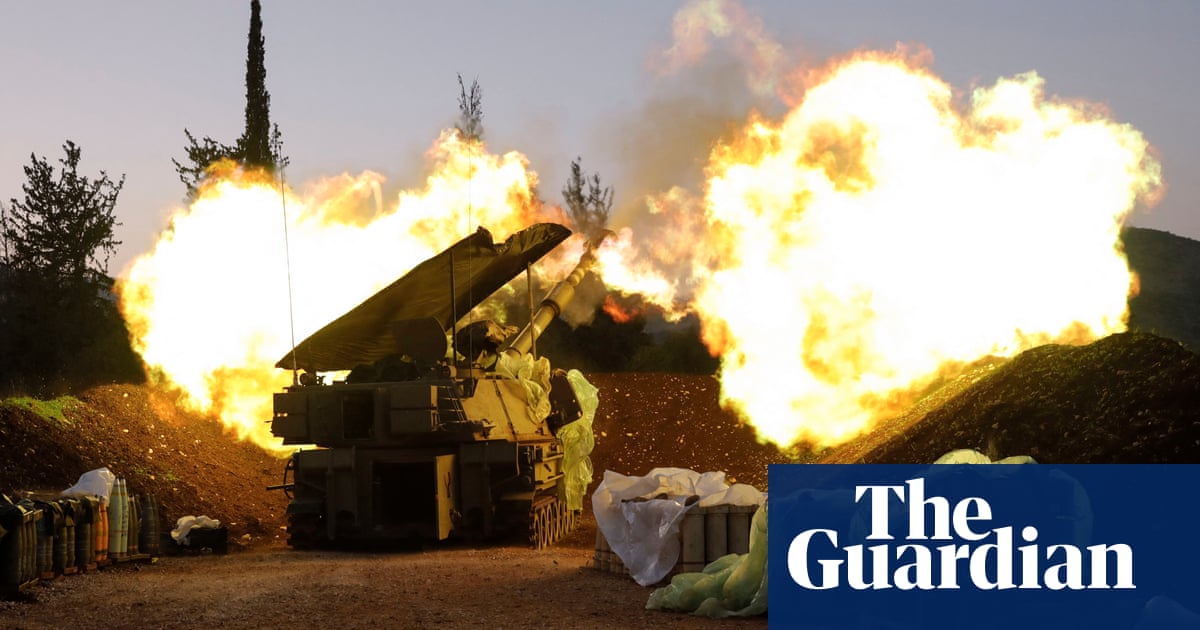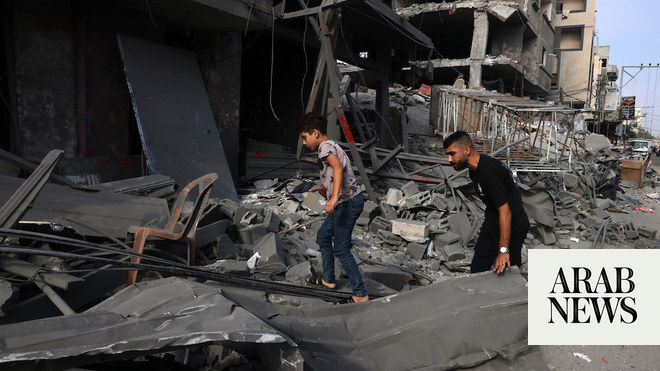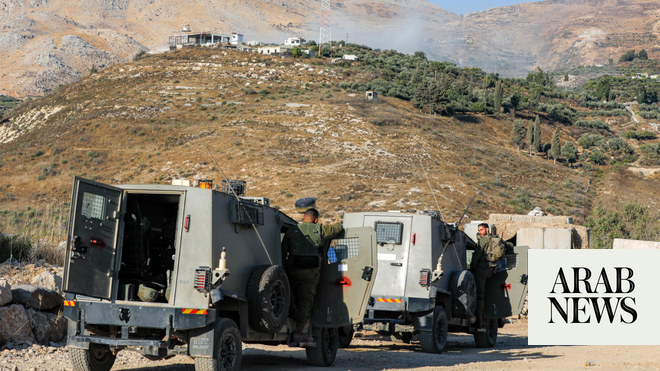
Following the direct retaliatory attacks between Israel and Iran in April, the long-standing practice of engaging in indirect conflict through proxies and shadow wars has apparently come to an end. This significant shift toward direct confrontation heightens the risk of an all-out war. As the frequency of these direct attacks increases, it underscores the escalating tensions and the potential for broader conflict.
Iran has communicated its intent to strike Israel, according to Israeli Foreign Minister Israel Katz. This revelation comes amid intense diplomatic efforts to prevent further military escalation that could trigger a direct war between Iran and Israel. Hungarian Foreign Minister Peter Szijjarto conveyed this message to Katz after receiving it from Ali Bagheri, Iran’s acting foreign minister. Katz emphasized the importance of the international community holding Iran accountable for any aggressive actions. The involvement of Hungary as an intermediary highlights the broader international implications of this conflict.
It is important to point out that understanding the underlying objectives of both Israel and Iran is crucial. Some analysts suggest that Israeli Prime Minister Benjamin Netanyahu might feel emboldened following US President Joe Biden’s decision not to seek reelection. Previously, Biden had urged Israeli leaders to avoid actions that could lead to a wider regional war. For instance, after Iran launched missile and drone attacks that were largely intercepted by the US, Biden advised Netanyahu to consider the situation a victory and refrain from retaliating, thereby preventing further escalation. This restraint was seen as a pragmatic approach to maintaining regional stability. However, with Biden stepping down, Netanyahu may perceive an opportunity to adopt a more aggressive stance, believing that the absence of direct US pressure provides a strategic advantage to address long-standing security concerns with Iran more forcefully.
Some may argue that Netanyahu may be seeking a direct confrontation with Iran rather than continuing to engage its proxies, such as Hezbollah and the Houthis. If this is the case, it could potentially draw the US into the conflict, despite its reluctance to engage in another Middle Eastern war. The dynamics of such a direct confrontation would significantly alter the geopolitical landscape, compelling the US to reassess its strategic priorities and commitments in the region. This potential shift from proxy warfare to direct engagement marks a critical juncture in Israeli defense policy as well, and has profound implications for regional stability and international security.
From the perspective of the Iranian government, retaliatory strikes against Israel could be a means to maintaining its standing after the killing of a Hamas leader in Tehran. Iran aims to project strength to its conservative base and regional allies, asserting its influence on both the regional and global stages. The loss of such a high-profile ally within its borders represents a significant blow to Iran’s prestige. Responding forcefully is seen as a necessary action to reaffirm its position as a dominant regional power, and to deter future acts against its interests.
However, it is worth noting that Iran likely seeks to avoid an all-out war with Israel for several reasons. Such a conflict would inevitably involve the US, significantly altering the military balance of power. Iran’s military capabilities would be no match for the combined forces of the US and Israel.
Iran’s struggling economy cannot sustain a full-scale conflict.
Dr. Majid Rafizadeh
In addition, Iran’s struggling economy, marked by high inflation and unemployment, cannot sustain a full-scale war. The economic toll of extended military engagement would be devastating, further weakening an already vulnerable economy. Moreover, the international sanctions regime has crippled Iran’s ability to finance and sustain prolonged military operations, making a drawn-out conflict unsustainable.
Widespread protests in Iran have highlighted the population’s dissatisfaction with the sociopolitical and economic situation. Engaging in a war would further strain the government’s resources and exacerbate domestic unrest. The recent low turnout in Iran’s presidential and parliamentary elections reflects this public discontent. Most likely, the Iranian leadership is acutely aware that a war, particularly one with Israel, would divert critical resources away from addressing domestic issues, potentially leading to greater civil unrest and further destabilizing the regime. The social contract between the Iranian government and its populace is already under severe strain, and a costly war could push it to the breaking point.
Iran’s strategy of announcing its intention to attack in advance could be an attempt to minimize the risk of escalation and avoid an all-out war with Israel. By giving notice, Iran allows for the other parties to prepare and reduces the likelihood of significant damage, as seen in the April attack when most missiles were intercepted. Iran has also publicly stated that it seeks to avoid regional tensions. This strategy of signaling intent serves multiple purposes, providing a psychological warning to Israel, and mitigating the risk of a preemptive strike or full-fledged war.
Ultimately, Israel’s response to an imminent Iranian attack will be decisive. A restrained reaction, as in the past, could prevent an escalation into an all-out war. Conversely, a more extensive response could lead to a broader conflict. The choices made by Israeli leadership in the coming days will be critical in determining the trajectory of this conflict. The outcome of this crisis will hinge on whether Israel opts for measured retaliation or a more comprehensive military campaign against Iranian interests.
In summary, the current situation is perilous, with former red lines between Iran and Israel having been crossed. This increases the likelihood of an inevitable all-out war, contingent on the actions and reactions of both nations. The potential for broader regional conflict looms large. As the world watches, the decisions made in the coming days and weeks will be critical. The stakes are high, as this issue involves not only regional, but also global security.
• Dr. Majid Rafizadeh is a Harvard-educated Iranian American political scientist.
X: @Dr_Rafizadeh












